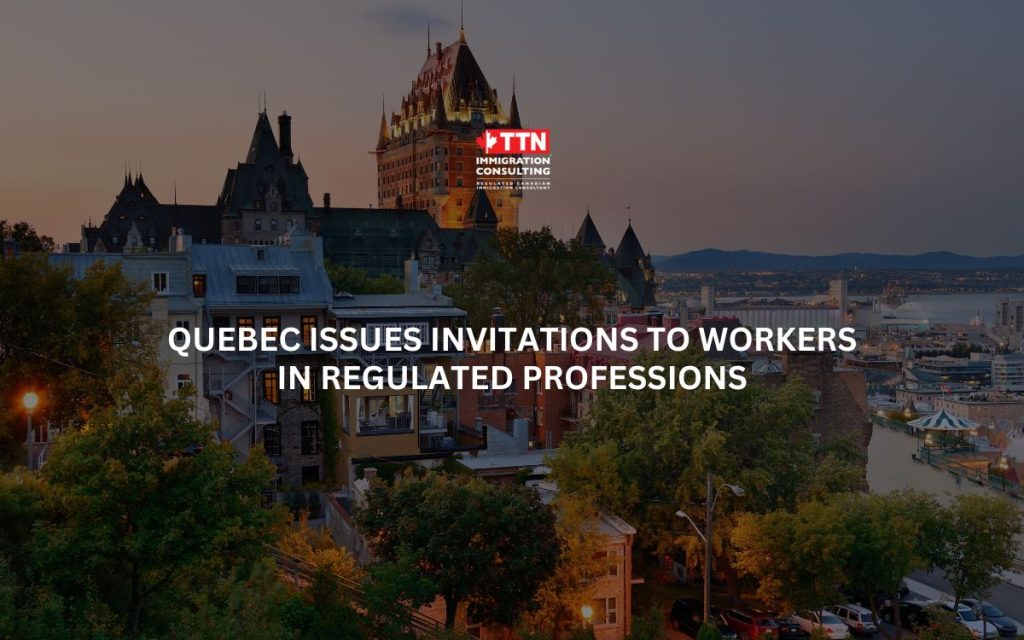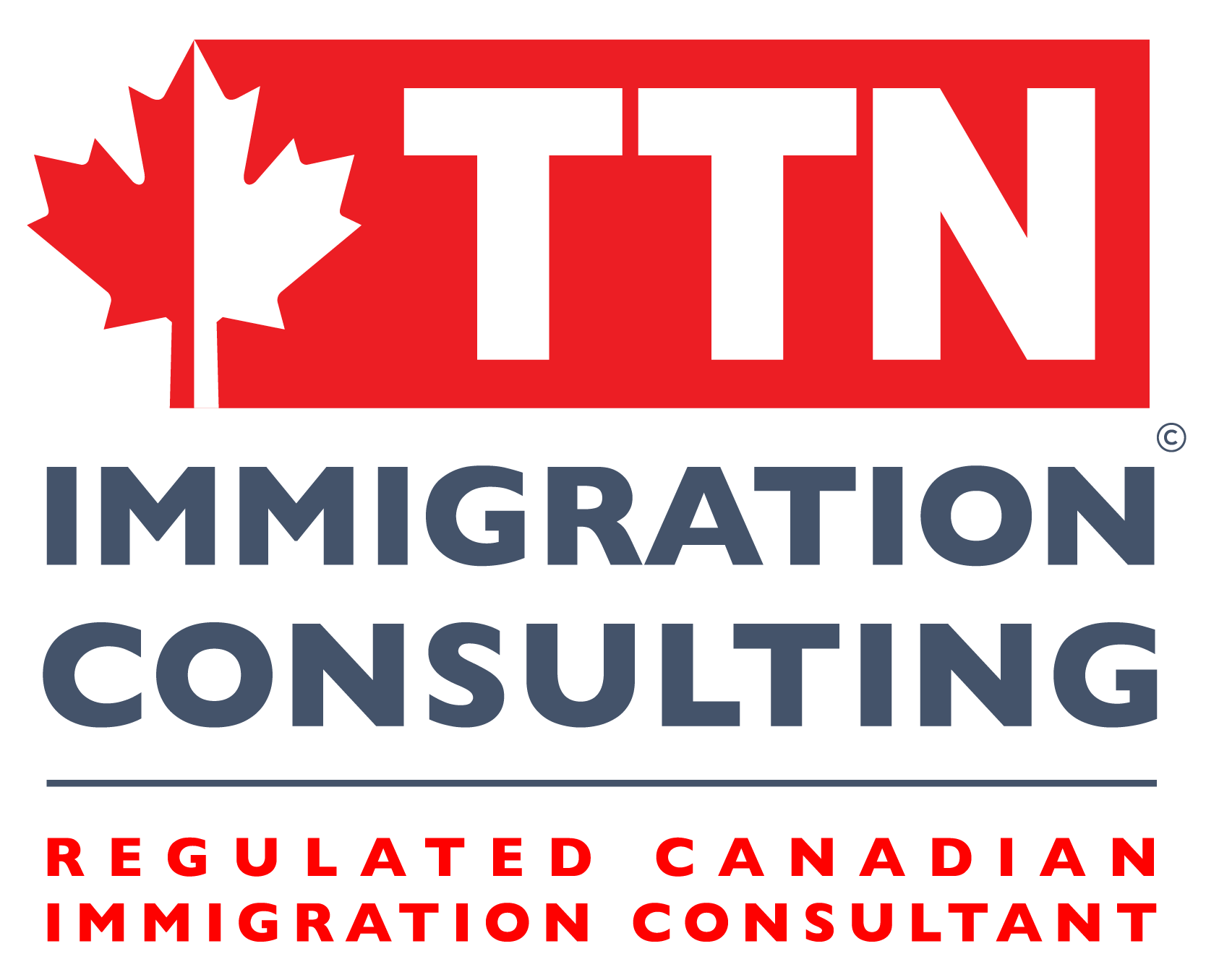Quebec Issues Invitations To Workers In Regulated Professions
On August 14, the Ministry of Immigration, Integration and French Codification (MIFI) of the province of Quebec issued 275 invitations to apply for permanent residence (Permanent Selection) under the Quebec Skilled Worker Selection Program – PSTQ (Programme de sélection des travailleurs qualifiés).
This is the first time Quebec has targeted candidates in the Regulated Professions Stream since the PSTQ program was launched earlier this year.

Details of the draw on August 14
To be eligible for an invitation in this draw, candidates must:
- Score a minimum of 766 points on the Quebec points system.
- Currently living in Quebec.
- Plan to work in a regulated occupation that is TEER 0, 1 or 2 (according to Canada's National Occupational Classification – NOC).
- French proficiency:
- Speaking and listening: level 7 or higher on the French proficiency scale.
- Reading and writing: level 5 and above.
- In case of accompanying spouse, the spouse must have level 4 or higher in French listening and speaking skills.
What are Regulated Professions?
Regulated professions are professions that, in order to practice in Quebec, candidates must be licensed by the professional regulatory body.
There are two types of professions:
- Fully regulated industry
- All jobs in that industry require a license.
- For example: mechanical engineer.
- Non-fully regulated industry
- Only certain jobs in the industry require a license.
- For example, criminologist in the social sciences group.
- Candidates in this group can participate in Stream 1, 2 or 3 depending on the specific job position.
Additionally, there are some occupations that are only considered regulated occupations when working in the construction industry, such as carpenter.
Document requirements for applicants
To be eligible to apply under a regulated occupation stream, applicants must have at least one of the following documents issued by the professional regulatory body in Quebec:
- License to practice in Quebec; or
- Certificate of qualification or training equivalency (full or partial), issued within the last 5 years.
Note: The Certificate of Equivalence does not allow immediate practice in Quebec. It is only an intermediate step that confirms that the candidate’s qualifications/training are equivalent to those of someone trained in Quebec. After this step, the candidate will still need to complete additional procedures to obtain a formal license to practice.
Conclusion
Quebec’s issuance of invitations this time shows that the province is prioritizing candidates with clear professional skills and the ability to integrate into the local labor market. In particular, those working in regulated occupations will have many advantages if they meet the requirements regarding points, language and professional documents.

